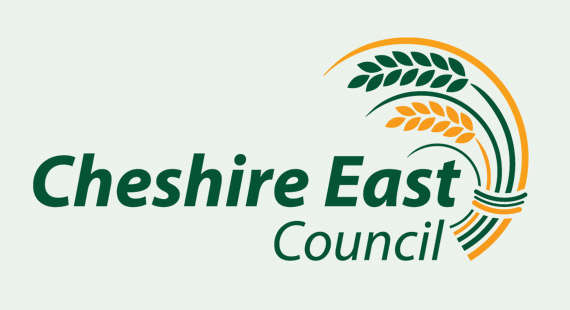
Cheshire East Council has voted to support a national petition calling on the government to allow local councils to decide for themselves whether to meet remotely.
The decision follows a notice of motion brought to the meeting of full council on 24 February by the leader of the council, Councillor Sam Corcoran, and deputy leader Councillor Craig Browne.
By law, councils must meet face to face to make formal decisions. However, during the initial Covid-19 lockdown, the government introduced emergency legislation that allowed councils and their committees to meet using ‘virtual’ meeting technology, such as Zoom or Microsoft Teams, for decision-making meetings.
This relaxation of the rules was reversed in April 2021, when the temporary regulations expired.
The Association of Democratic Services Officers (ADSO) and Lawyers in Local Government (LLG) petition calls on government ‘to create Parliamentary time to agree a change in the law to allow councils in England to meet remotely if they wish’.
Cllr Corcoran said: “Councils should be allowed the flexibility to choose to meet remotely.
“The rule change during the first year of the pandemic allowed us continue to operate effectively and to make decisions. It also gave us first-hand experience of the advantages and disadvantages of meeting remotely.
“While there are both pros and cons, there are certainly a number of advantages for the general public, for councillors and for officers. It is easier for residents to participate in meetings remotely – we saw more members of the public ‘attending’ virtual meetings in 2020/21 than we would typically see at physical meetings.
“Travel time for councillors, officers and members of the press and public was reduced – as was the carbon footprint and emissions resulting from travel.
“We think that the decision about how to meet can and should be taken locally not by Westminster.”
Cllr Browne said: “This is not about making all council and committee meetings remote, and it is not just about the Covid
pandemic. This is about giving local councils, like ours, the flexibility to decide for themselves if and when a remote meeting may be appropriate.
“Remote meetings can increase transparency and participation in local democracy, while reducing carbon footprint and potentially reducing costs significantly. Increased flexibility around meetings may also attract a wider, more diverse range of candidates to stand for council in future.”
The council will now write to the secretary of state for levelling up, housing and communities, calling on the government to change the law to allow councils the flexibility to hold such meetings, when they deem appropriate, within agreed rules and procedures.


 Appeal for information following fatal collision in Winsford
Appeal for information following fatal collision in Winsford
 Cheshire man conquers London Marathon for deaf children
Cheshire man conquers London Marathon for deaf children
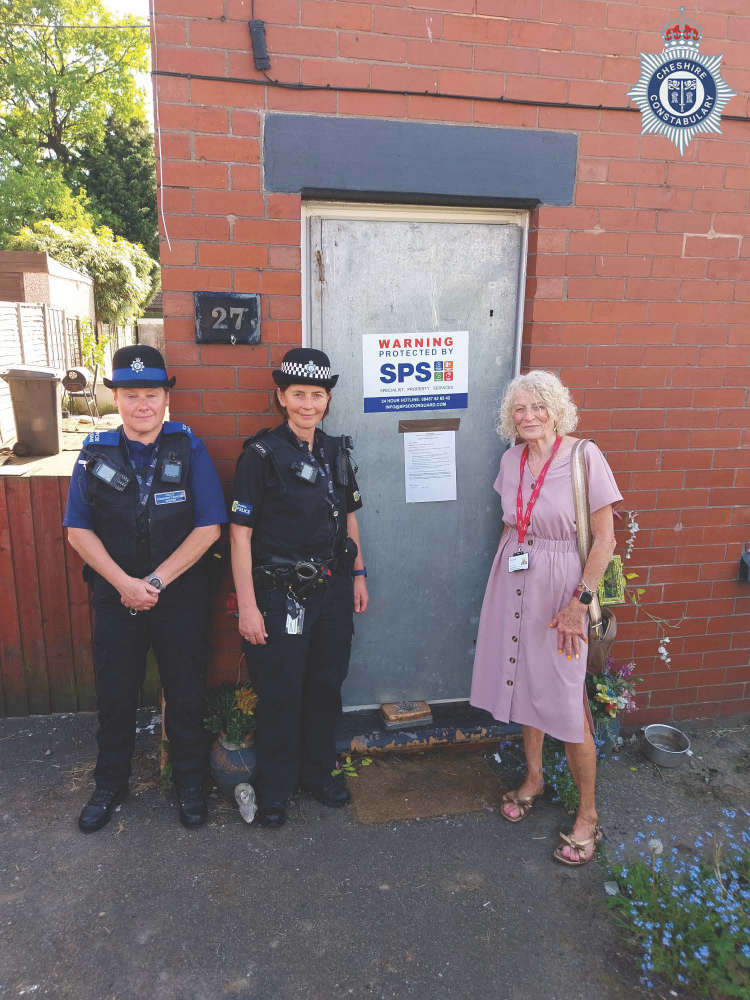 Local officers close down Congleton ASB house
Local officers close down Congleton ASB house
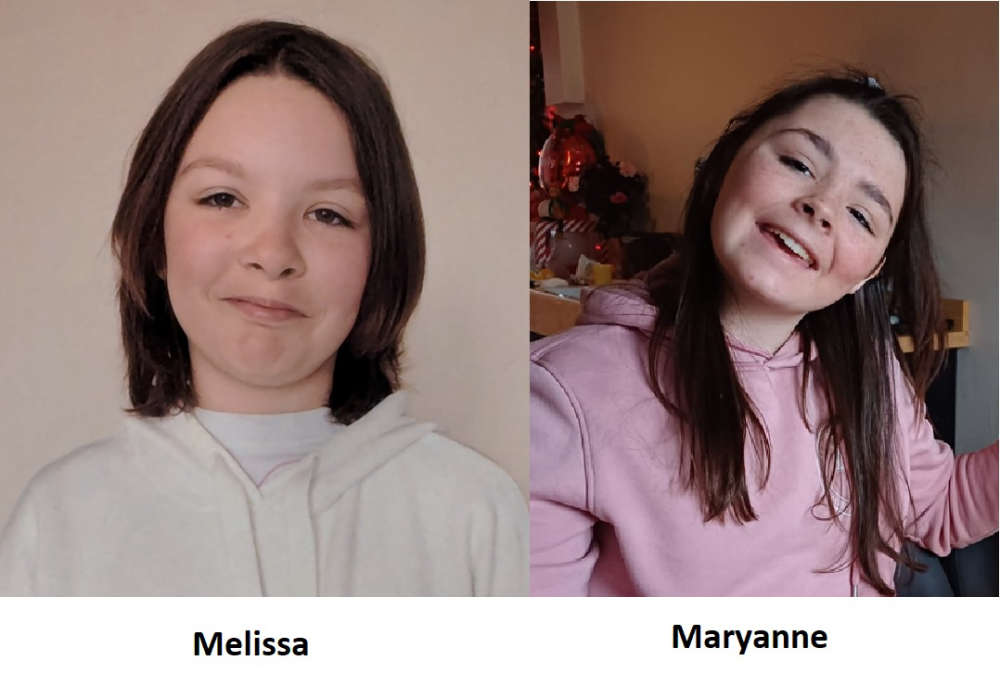 Appeal to locate missing teenagers from Crewe
Appeal to locate missing teenagers from Crewe
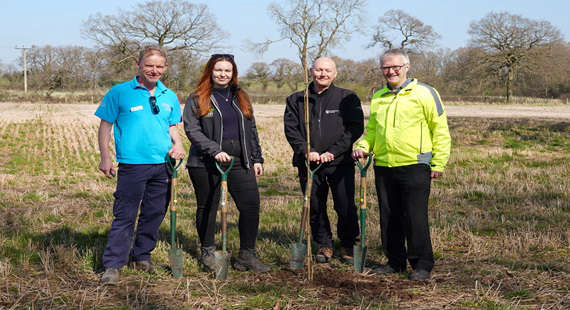 Endangered trees find a home in Cheshire East
Endangered trees find a home in Cheshire East
 Nantwich man jailed for domestic assault
Nantwich man jailed for domestic assault
 Two arrested in Middlewich drugs warrants
Two arrested in Middlewich drugs warrants
 Three people charged following Winsford disorder
Three people charged following Winsford disorder
 Police appeal for help in locating man wanted for theft in Congleton
Police appeal for help in locating man wanted for theft in Congleton
 Parking changes for Cheshire East Car Parks
Parking changes for Cheshire East Car Parks
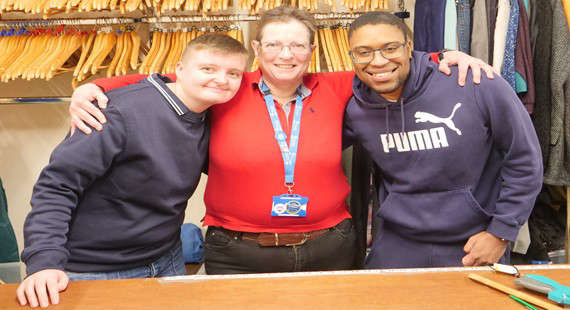 Programme helping people with disabilities and health conditions find work in Cheshire East extended
Programme helping people with disabilities and health conditions find work in Cheshire East extended
 Prolific sex offender jailed after almost three decades on the run
Prolific sex offender jailed after almost three decades on the run
 East Cheshire NHS Trust’s Community Services to embark on night hike up Mount Snowdon in aid of enhancing patient care
East Cheshire NHS Trust’s Community Services to embark on night hike up Mount Snowdon in aid of enhancing patient care
 Multi-agency live exercise planned to test emergency responders
Multi-agency live exercise planned to test emergency responders
 Man charged following proactive stop in Northwich
Man charged following proactive stop in Northwich
 Man jailed for Northwich burglary series
Man jailed for Northwich burglary series
 Appeal for information following suspicious incident in Nantwich
Appeal for information following suspicious incident in Nantwich


Comments
Add a comment